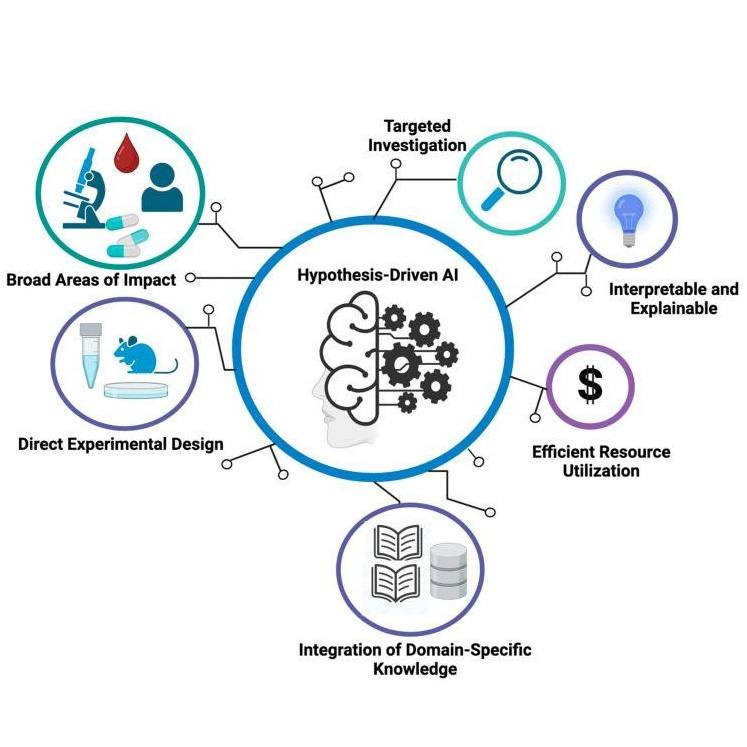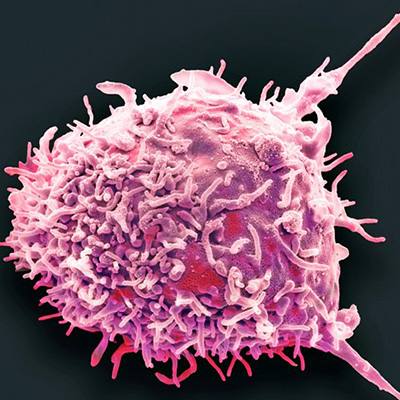-
Individualized Medicine
A lifesaving discovery – what one physician learned from his genetic test results

When Michael Stephens, M.D. joined other researchers in Mayo Clinic Center for Individualized Medicine in having their genomes sequenced, he expected to learn a few minor facts. But, what he found was a major health issue that had been hidden in his genes. Test results revealed Dr. Stephens had a genetic variant that increases his risk for a life-threatening condition if given standard anesthesia medications. It turns out that many commonly used anesthetics would cause him to develop a high fever and his muscles to contract - a condition called malignant hyperthermia that could be fatal.
“If I had not had genetic testing, I never would have known about my condition. In fact, if I had required surgery and been given standard anesthesia medications, my doctors would have identified my condition – but only through me actually having an adverse reaction. Now my Mayo electronic medical record contains information about my condition. If I ever need surgery, my doctors will select an alternative anesthetic. The anesthesia team will also flush out any standard anesthetic medications from equipment used before my surgery because people with malignant hyperthermia are so sensitive to common anesthetics that even a trace could cause trouble,” says Dr. Stephens.
Dr. Stephen’s test results also served as important information for his family.
“Malignant hyperthermia is hereditary. So my test results prompted the testing of my daughter, who thankfully does not have the same condition,” adds Dr. Stephens.
Results will help guide future health decisions
Dr. Stephen’s genomic testing was also analyzed to look for other genetic variants that affect how his body handles commonly prescribed medications, such as cholesterol lowering medications, anticoagulants, chemotherapeutics, antiviral medications and antidepressants.
His test results will become a permanent part of his electronic health record, ensuring that his physicians can use the information to help select the best and safest medications for him in the future.
From practice to personal experience
As a pediatric gastroenterologist, Dr. Stephens regularly uses genetic and pharmacogenomics testing before treating his young patients with inflammatory bowel disease. His personal experience added to his appreciation for how these tests can help diagnose and treat patients more effectively.
“Many young children (under the age of 6 years) who have symptoms of inflammatory bowel disease may actually have a different condition. We use genetic testing to help identify their underlying condition and select effective treatment to reduce or eliminate their chronic digestive problems and improve their quality of life. My own experience only punctuates the value of genomics - in my case, it will be lifesaving,” says Dr. Stephens.
Learn more about the impact of pharmacogenomics in patient care
- Mayo Clinic Center for Individualized Medicine Pharmacogenomics Program
- Pharmacogenomics – striving for safer, more effective drugs for you
- The Power of Pharmacogenomics – one physician’s ‘aha moment’
- Test reveals the right drug to help one patient manage panic attacks – finally
- Pharmacogenomics: the Rx for success
- 8 steps to implementing pharmacogenomics into your clinical practice
- This Drug's for You
Register to attend Individualizing Medicine 2017 and learn more about pharmacogenomics
Join us to learn the latest research in precision medicine and how it can be applied to improve diagnosis and treatment for many conditions at Individualizing Medicine 2017: Advancing Care Through Genomics.
The Mayo Clinic Center for Individualized Medicine is hosting the sixth annual genomics conference, October 9–10, in Rochester, Minnesota.
See an overview of pre-conference workshops and conference sessions on pharmacogenomics.
Explore all conference offerings:
- Register today: conference website.
- See the schedule.
- Review the list of speakers.
- Follow the latest news related to the conference on the Center for Individualized Medicine blog, Facebook, LinkedIn or Twitter at @MayoClinicCIM. Use hashtag #CIMCon17.
Mayo Clinic Center for Individualized Medicine is hosting the conference with support from the Jackson Family Foundation.
Related Articles








